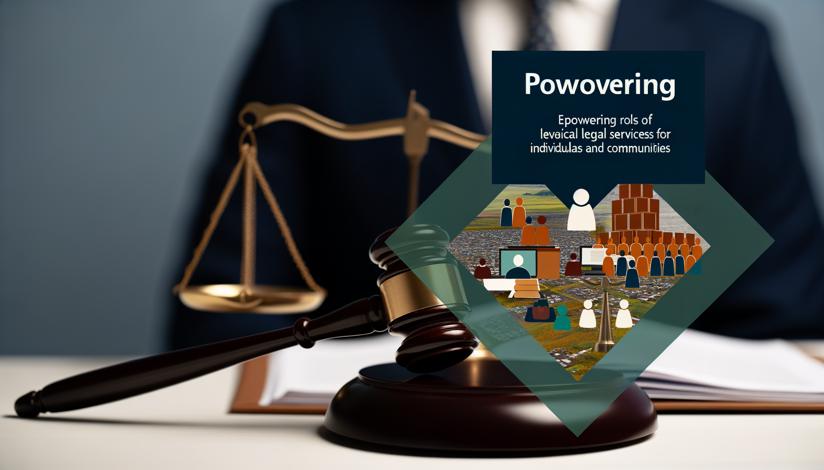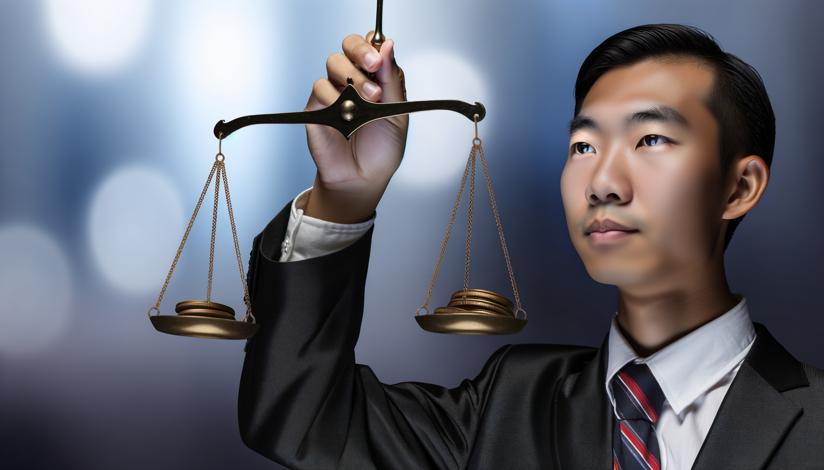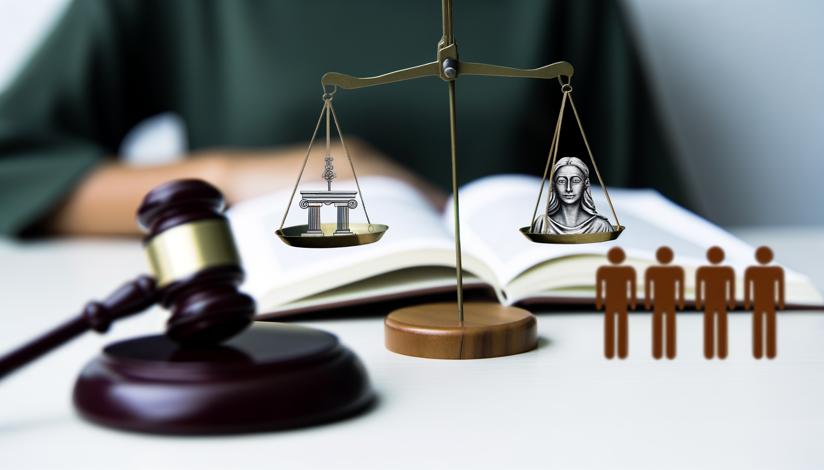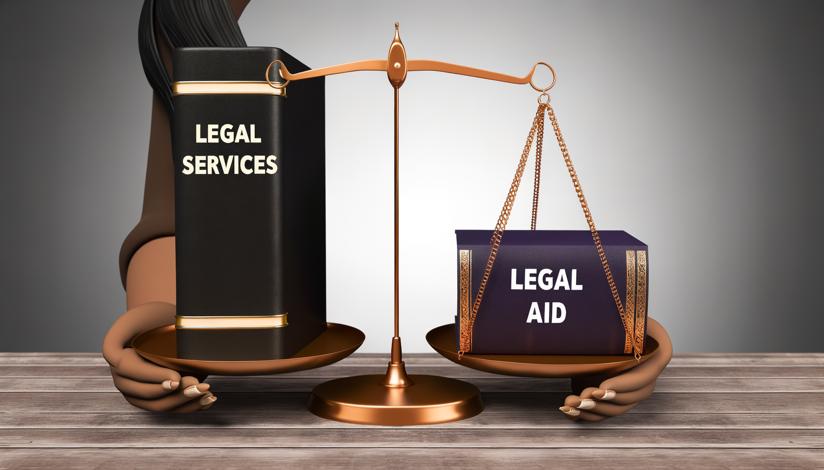

One of the primary functions of legal services is to provide legal advice and representation. When individuals are faced with legal issues, such as disputes, arrests, or legal rights violations, they can seek the guidance of legal professionals. Lawyers and legal aid organizations offer advice and representation to help individuals understand their rights, explore their legal options, and make informed decisions.
Legal services also play a crucial role in advocating for social justice and equality. By representing marginalized individuals and communities, legal professionals can bring attention to systemic issues and fight for change. They can challenge discriminatory laws, advocate for policy reform, and campaign for the rights and entitlements of vulnerable populations. Through their advocacy efforts, legal services can contribute to the empowerment and liberation of marginalized communities.
In addition to legal advice and advocacy, legal services provide access to justice. Many individuals and communities do not have the financial means to hire private lawyers and may face barriers in accessing legal representation. Legal aid organizations and pro bono services ensure that individuals who cannot afford legal fees can still access justice. This inclusive approach to legal services helps level the playing field and ensures that everyone has a fair opportunity to seek justice and protect their rights.
Furthermore, legal services contribute to community empowerment by providing educational resources and outreach programs. They organize legal clinics, workshops, and seminars to raise awareness about legal rights and responsibilities. By empowering individuals with legal knowledge, legal services enable communities to make informed decisions, prevent legal issues, and address challenges effectively. This education and outreach aspect of legal services strengthens communities and empowers individuals to become active participants in the legal system.
In conclusion, legal services are essential in empowering individuals and communities. They provide legal advice, representation, and advocacy to protect rights, challenge discrimination, and promote social justice. Legal services also ensure access to justice for those who may not afford legal fees and empower communities through education and outreach initiatives. By providing assistance and support, legal services transform individuals and communities, enabling them to navigate complex legal systems and seek justice.

Access to justice for all
Advocacy for social justice
Education and outreach initiatives

Limited availability of legal aid
Overburdened legal aid organizations
Financial constraints




















-
https://www.americanbar.org/groups/legal_aid_indigent_defendants/initiatives/justice_for_all/
-
https://www.un.org/en/coronavirus/justice
-
https://www.justice.gov/ovw/empowering-communities-capacity-building-initiatives






































